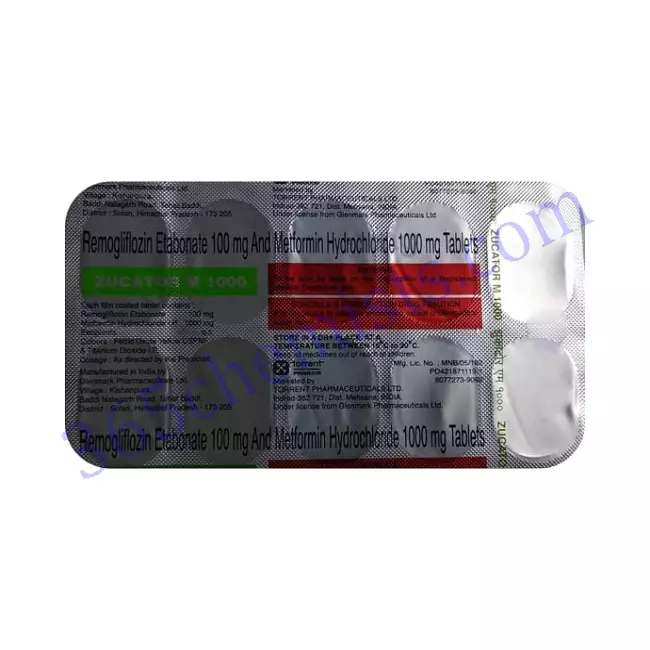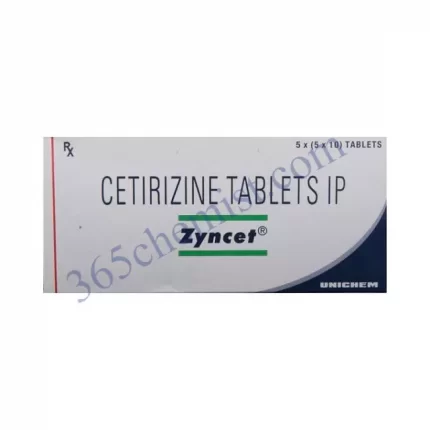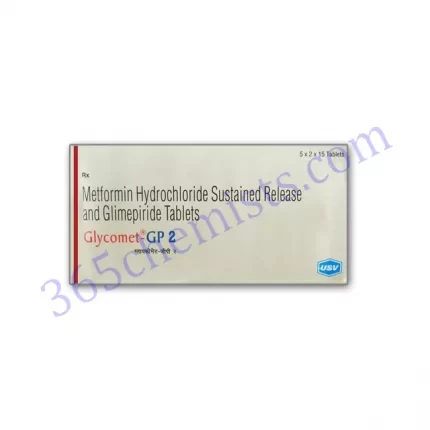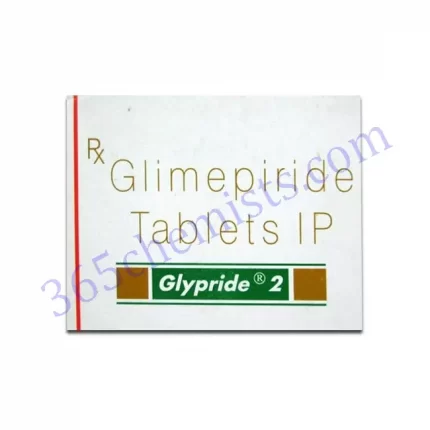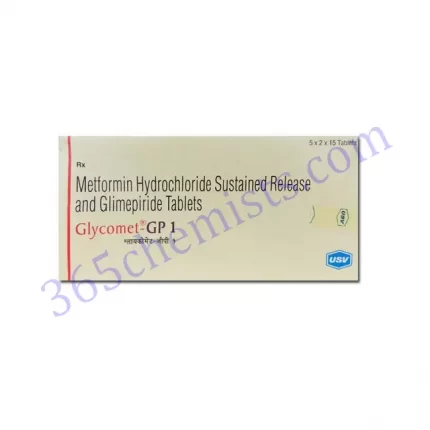Zucator M 1000 Tablet (Metformin 1000mg/Remogliflozin Etabonate 100mg): A Comprehensive Overview
Metformin and remogliflozin etabonate are the two components that are responsible for the effects of the drug Zucator M 1000 Tablet, which is a combination product. It is a medication that is frequently recommended for the management of diabetes mellitus type 2. This detailed summary offers important information about Zucator M 1000 Tablet, such as its advantages, recommended dosage, potential adverse effects, and preventative measures.
Understanding the Components
Metformin is a biguanide medicine that is commonly used as an initial treatment for type 2 diabetes. Metformin has a long history of safe and effective use. The primary mechanism of action is that it lowers the amount of glucose that is produced by the liver and increases insulin sensitivity in the tissues of the body. Metformin helps to improve insulin resistance and lower blood sugar levels by enhancing the absorption and utilisation of glucose by muscle cells. This results in lower blood sugar levels overall.
Remogliflozin Etabonate is a type of drug that is classified as a sodium-glucose co-transporter 2 (SGLT2) inhibitor. Remogliflozin Etabonate is used to treat type 2 diabetes. It accomplishes this by blocking a protein in the kidneys called SGLT2, which, in turn, leads to a reduction in the reabsorption of glucose and an increase in its excretion through urine. Individuals who have type 2 diabetes benefit from this process because it lowers their blood sugar levels and lessens the reabsorption of glucose that is in excess.
Benefits of Zucator M 1000 Tablet
Dual Mechanism of Action: The Zucator M 1000 Tablet provides dual action in the control of type 2 diabetes by combining the benefits of both Metformin and Remogliflozin Etabonate. Metformin works by decreasing the amount of glucose that is produced, improving insulin sensitivity, and increasing the amount of glucose that is used, whilst Remogliflozin Etabonate works by increasing the amount of glucose that is excreted through urine. Glycemic management can be achieved in a comprehensive manner by the use of this combination.
Glycemic Control Is Improved The Zucator M 1000 Tablet helps lower blood sugar levels and maintain adequate glycemic control by targeting numerous pathways implicated in diabetes. It does this by lowering the amount of excess glucose that is produced, enhancing insulin sensitivity, increasing glucose utilisation, and promoting glucose excretion, all of which contribute to an improvement in the regulation of blood glucose levels.
Zucator M 1000 Tablet includes an ingredient called remogliflozin etabonate, which research has proven to have a positive impact on a person’s body weight. This effect is referred to as weight management. It does this by lowering the amount of glucose that is reabsorbed by the kidneys and increasing the amount of glucose that is passed out of the body. People who struggle to maintain a healthy weight and who have type 2 diabetes may benefit from this to a greater extent than others.
Diabetes is connected with an elevated risk of cardiovascular complications. Cardiovascular protection Diabetes is related with an increased risk of cardiovascular complications. The Zucator M 1000 Tablet contains a combination of Metformin and Remogliflozin Etabonate, both of which have the potential to be beneficial to cardiovascular health. Metformin has been proved to lower the risk of cardiovascular events, whilst remogliflozin etabonate has shown to protect the cardiovascular system by lowering the risk of heart failure and improving cardiovascular outcomes.
Related Product
Zucator 100 Tablet
Zucator M 500 Tablet
Zucator M 1000 Tablet
Dosage and Administration
The Zucator M 1000 Tablet must be taken precisely as directed by your doctor or other qualified healthcare expert. It is possible for the dosage to change based on how an individual responds to treatment and their specific demands. It is essential to take the medication exactly as directed and not to alter the dosage in any way prior to speaking with a qualified medical practitioner. To reduce the likelihood of experiencing adverse effects on the gastrointestinal tract, the tablet should be consumed while eating.
Possible Side Effects
Even while Zucator M 1000 Tablet is generally well tolerated, it nevertheless has the potential to induce a number of adverse effects. Nausea, diarrhoea, urinary tract infections, vaginal infections, and hypoglycemia are some of the adverse effects that are most frequently reported. These unwanted effects are often modest and temporary, but in the event that you experience any adverse effects that are severe or long-lasting, it is imperative that you seek medical attention and contact your healthcare professional.
Precautions and Considerations
When treating patients who have specific medical concerns, such as renal or liver damage, it is important to use the Zucator M 1000 Tablet with extreme caution. Before beginning therapy with Zucator M 1000 Tablet, it is essential to communicate with your healthcare practitioner about any preexisting medical issues as well as any medications you are now taking. In order to guarantee proper and safe utilisation of pharmaceuticals, it is imperative to declare any known sensitivities or allergies to those prescriptions.
Drug Interactions
There is a possibility of interaction between Zucator M 1000 Tablet and other medications, such as those that also treat diabetes and those that have an effect on renal function. It is imperative that the patient tell their healthcare professional about any and all medications, including vitamins, herbal supplements, and over-the-counter treatments, that they are currently taking at the same time. Because of this, potential drug interactions may be identified and managed, which will ensure that Zucator M 1000 Tablet is used in a manner that is both safe and effective.
Monitoring and Follow-up
While taking Zucator M 1000 Tablet, it is imperative that you undergo routine monitoring in order to determine the medication’s efficacy and identify any potential adverse effects. It’s possible that your doctor will suggest doing blood tests on a regular basis so they can monitor your sugar levels, kidney health, and liver function. In addition, regular checkups and consultations will make it possible to make alterations in the treatment plan if they are deemed appropriate. These appointments will also provide an opportunity to address any concerns or problems that may come up over the course of therapy.
Conclusion
Metformin and remogliflozin etabonate are both components of the drug Zucator M 1000 Tablet, which is a beneficial medication for those who suffer from type 2 diabetes mellitus. Because of its dual mode of action, it provides full control of glycemic levels in addition to the potential benefits of weight management and cardiovascular protection. Individuals can effectively manage their diabetes and limit the risk of problems associated with the disease by adhering to the dosage that has been given for them, monitoring their blood sugar levels, and maintaining open communication with the healthcare experts who are treating them. For people living with type 2 diabetes, the Zucator M 1000 Tablet can be an invaluable resource on the path to better glycemic control and an overall improvement in health.

